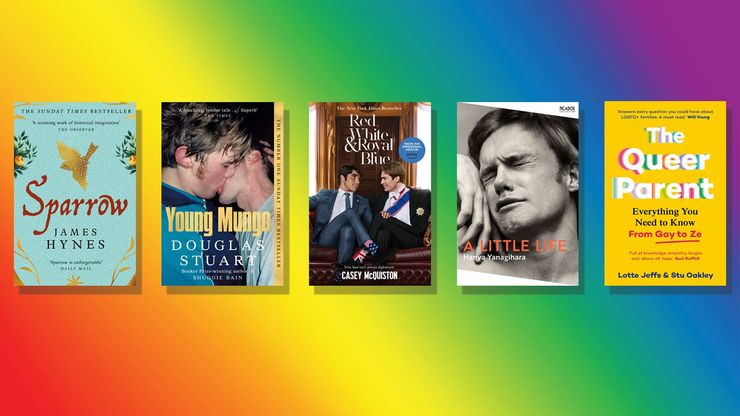Why I love. . . What Belongs to You
Pan Mac staff make the case for their favourite books. This month, Kieran from the Communications team recommends Garth Greenwell's debut novel.

Kieran is Senior Communications Executive for Picador, working on campaigns for some of our excellent literary fiction. Here, he recommends Garth Greenwell's award-winning debut, What Belongs to You.
Read it already? You'll find some related recommendations at the end of the piece, including Garth Greenwell's beautiful new novel, Small Rain.
Many years ago, over the course of that wonderful time in the year when one season transitions into the next, I picked up John Williams' Stoner, a rediscovered masterpiece exploring the life and sadness of the title character across a quietly painted image of Midwestern America. I longed for Stoner to reach some form of final happiness and found myself fully invested in the tale Williams wove. Fast forward two months and I found myself revisiting the same feelings in Garth Greenwell's truly astonishing debut, What Belongs to You.
Set in central Bulgaria, the novel opens, rather abruptly, with the narrator (whose name is never revealed) visiting a bathroom stall and paying for a 'transaction' with Mitko, a young, high-spirited rent boy. So begins a dangerous game of the narrator chasing his desires through repeated encounters with Mitko, while struggling with a silent shame deep-rooted in his past. Mitko is the only character bestowed a name – everyone else is reduced to a single initial and full stop – which has the beguiling effect of both making him feel more real, and placing him outside the rest of the world Greenwell creates.
Greenwell's craft really shines through in the slipperiness of the narrator's desire. Moments of eroticism are so rich with striking beauty they never feel out of place, evoking a subtle sensuality undercut by an underlying, aching repression.
Greenwell writes with little punctuation, creating free-flowing prose which could be read as a confession, striking parallels to James Baldwin's Giovanni's Room. Like Baldwin's narrator, Greenwell's struggles with his desires, dedicating the whole middle section of the novel to recollections from his childhood, particularly the taboo of his homosexuality and yearning for his best friend, known only as 'K.' The reflective mood is an effective change in tone after the explosive eroticism of his encounters with Mitko, and memory and desire become intrinsically linked. The repression of homosexuality is brutally ingrained throughout. Passers-by glance at the narrator with unease, and later on in the novel he speaks about being diseased, unclean; even Mitko doesn't address his sexuality, he is merely the object for desire. It’s this that makes the novel truly moving. Greenwell presents the narrator, a lonely American teacher, in a world that fails to understand him, nor he it, and he is as a result denied a voice (reinforced by the lack of punctuation).
Greenwell has created something so rich, so important, so brutally honest that it acts as a new landmark in gay literature. A remarkable and raw debut.
What Belongs to You
by Garth Greenwell
On an unseasonably warm autumn day, an American teacher enters a public bathroom beneath Sofia's National Palace of Culture. There he meets Mitko, a charismatic young hustler, and pays him for sex. He returns to Mitko again and again over the next few months, their relationship growing increasingly intimate and unnerving. As he struggles to reconcile his longing with the anguish it creates, he's forced to grapple with his own fraught history: his formative experiences of love, his painful rejection by family and friends, and the difficulty of growing up as a gay man in southern America in the 1990s.









